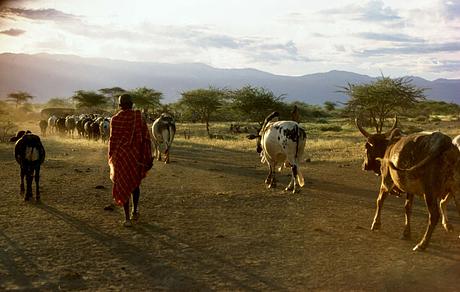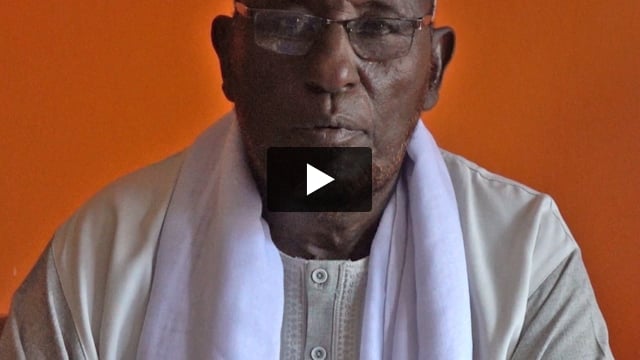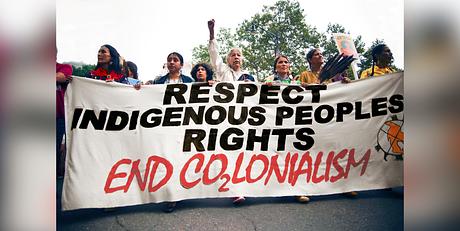Controversial carbon credits scheme used by Netflix and Meta suspended AGAIN
May 13, 2025
 © Beckwith & Fisher
© Beckwith & FisherA hugely controversial carbon credits scheme in Kenya that threatens Indigenous herders has been suspended for a second time by Verra, the main body that certifies such projects. It is an unprecedented indictment of the scheme, and highlights Verra’s repeated failures.
The Northern Kenya Rangelands Carbon Project is said to be the world’s largest soil carbon project. It has been mired in controversy for many years, as it severely curtails the traditional grazing practices of the Maasai, Borana, Samburu and other cattle-herding peoples whose lands have been used to generate the credits. Both Netflix and Meta have bought carbon credits from the scheme.
In January a court in Kenya delivered a huge blow to the scheme when it ruled that two of the largest conservancies set up by the Northern Rangelands Trust (NRT) were established unconstitutionally, with no basis in law. One of these, Biliqo Bulesa, contributes about 20 percent of the carbon credits in the project. The ruling could be applied to half of the other conservancies involved.
Two years ago Survival published “Blood Carbon: how a carbon offset scheme makes millions from Indigenous land in Northern Kenya”, a devastating critique of the scheme.
Verra’s first suspension and review of the project in 2023 following Survival’s report, resulted in a shocking whitewash.
In an interview published today in the Wall Street Journal, Hassan Bidhu, one of the plaintiffs in the court case, said: “The project completely destroyed the traditional system and brought another one, which is like a displacement.”
According to the Wall Street Journal, the NRT has sold over 6 million carbon credits, worth between $42 million and $90 million depending on market prices.
Caroline Pearce said today: “The NRT carbon credits scheme has violated Indigenous rights from the start, and has now become a complete fiasco. It’s impossible to understand how it was approved by Verra in the first place, and it should now be scrapped once and for all – along with the whole idea of violating Indigenous peoples’ rights to generate carbon credits.
“The land rights of the Maasai, Borana, Samburu and others should finally be recognized in full. That would be justice for them at last, and the best way to protect the grasslands of East Africa.”



